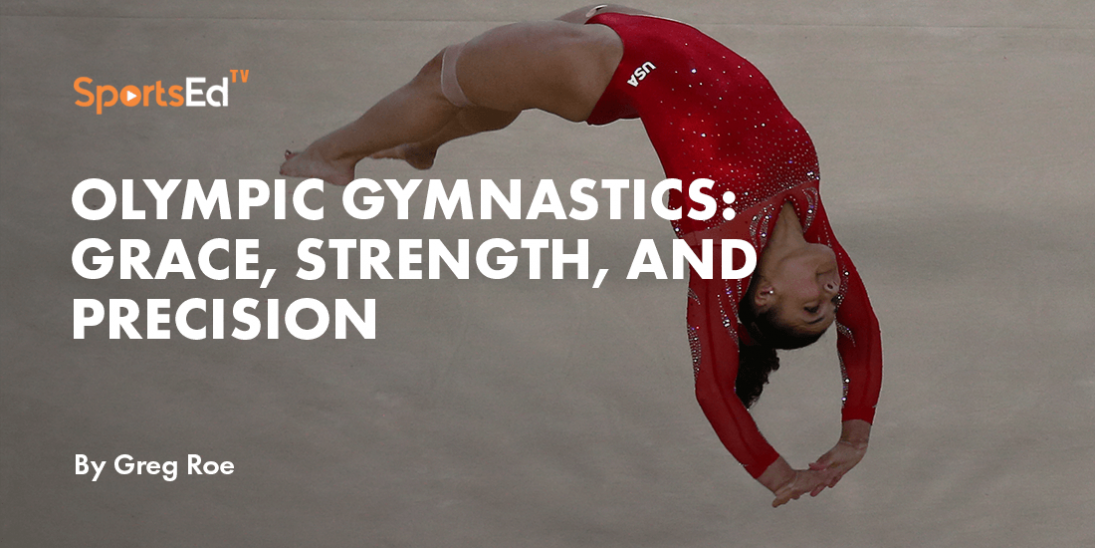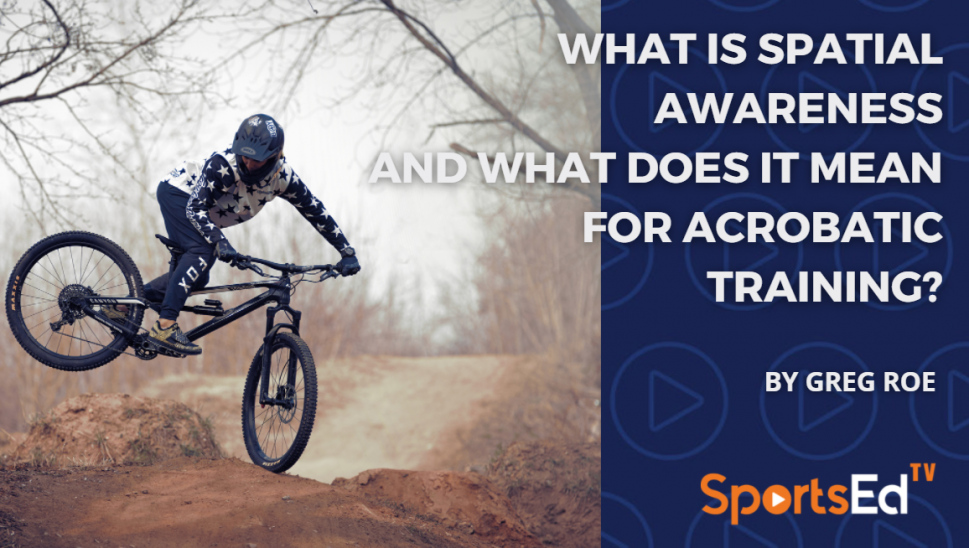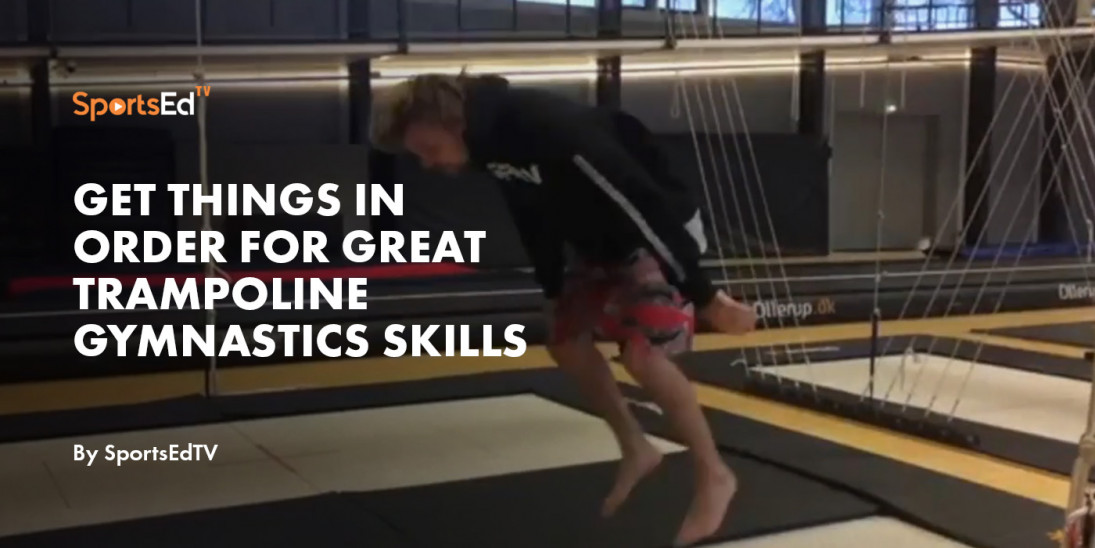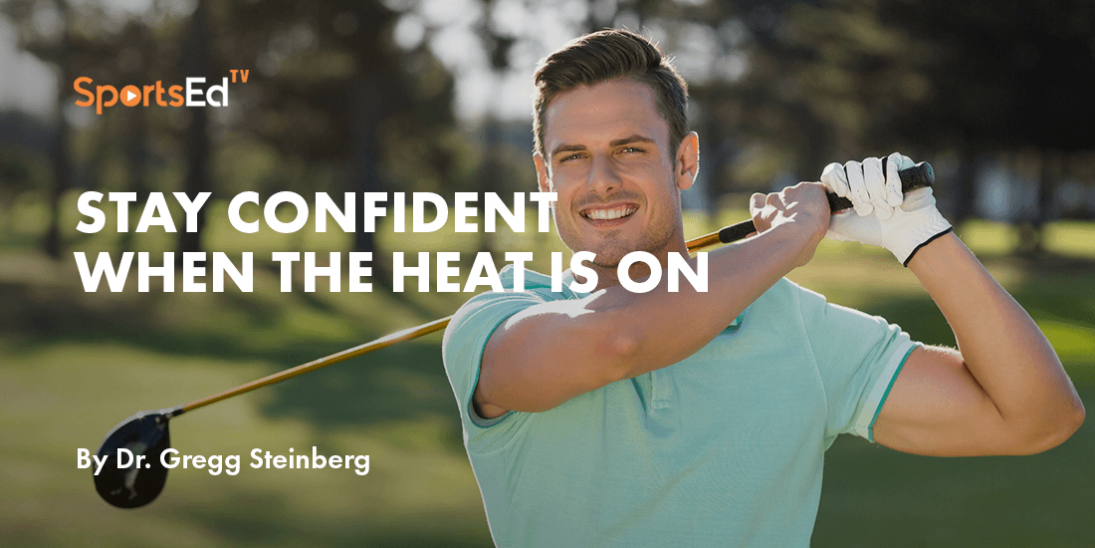Gymnastics, Mental Health
Welcome and thanks for visiting...

Benefits of Online Training
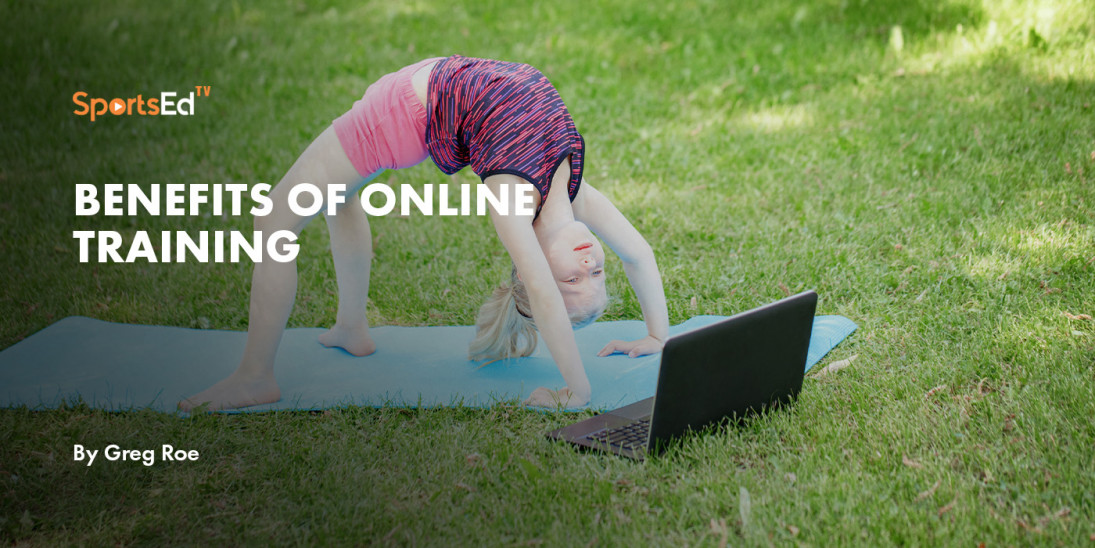
Covid has really been a ‘Doozy’ for many brands, family homes, global organizations, and of course sporting communities. Many look at Covid as a plague that needs to be eradicated and that may be very well true, however, everything has a downside to it, but also an upside… To illustrate this seemingly obscure viewpoint, let’s look at a recent example that anyone who is around 30 years old will probably understand:
Remember when Wikipedia came out in January 2001, and all school teachers quickly made it a prime objective to explicitly tell all students that Wikipedia is NOT a viable source for information for class projects?
Well, of course, like anything that can be publicly edited, there is an error rate for Wikipedia sources. Canisius Library has done a few studies comparing Wikipedia to other online encyclopedias, and Wikipedia comes in at about 80% accuracy. This means that about 80% of what you see on Wikipedia is ‘correct’ and the rest is either a work in progress or just wrong. Other online sources have much higher accuracy rates. (1)
So the teachers are right?!…Well, No, not really. Knowledge is NOT about the right answer… Its about how you got there and the meaning of the answer into the future (2). This is where traditional educational models, stemming from Comenius in the 1600’s, are under scrutiny by the new generation. Why?
Traditional educational models, before the .Com era were more about the ‘right ‘ answers and not necessarily about the meaning behind them. Anyone who has looked up the history of education knows that politicians and government officials looked at school as a way to educate people to have jobs and not much more. Punch In and Punch Out style of education, or “Teach To Test” as some call it. (4)
To have meaning in something, you need to have multiple beliefs and perceptions about the thing in question. This means that reading facts on a ‘accurate’ peerreviewed article actually does not constitute knowledge because it has no real meaning without knowing the whole body of literature over the years around that one subject.
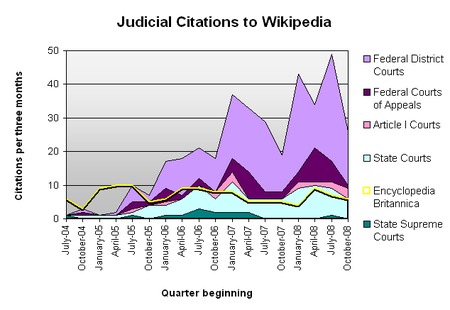
This is where Wikipedia and other online resources really may actually contain more knowledge as a whole even if the exact answers may not be 100% accurate based on confidence intervals and other scientific reliability measures.
So when my teachers told me that Wikipedia was not credible, they were half right in a sense because by itself, one article on Wikipedia is just as much of a potential ‘hit-ormiss’ as any peer reviewed article from a qualified’ source. Anyone who has done any research knows the biases and methods in different papers are usually far from perfect. (5)
It is only when the student starts searching around Wikipedia, going through the actual references and gains differing view points on that single Wikipedia article does knowledge start to appear. Knowledge is about context and unless you have differing view points, even if some are more accurate than others, you do not really have knowledge; you’re just stating facts, and you don’t really know why.
This is where Wikipedia has an advantage because it is FREE! This means opinions are flowing freely compared to behind a Physiology Journal that can cost hundreds and thousands of dollars to gain access to.
This is where we get back to Covid and some of the benefits of such a terrible time in society. Covid has spurred the world to create more online resources that are available at a much lower cost than traditional education. Now information flows like drinking out of a firehose and yes, a lot of the information is not great, even from those who claim to be professionals.
However, this is actually a good thing if you take a long time horizon on the payouts. The youth of today know that a lot of the information given to them by adults is wrong and now adults have, in many ways, been forced to provide better information and easier access to it because now that the information is flowing like a firehose, the chances of a young student in any discipline learning different opinions from all over the world is much higher.
It used to be that ONLY the local library or the local school would have readily available information, but now everyone does! This forces the new generation to be more picky about the information they are receiving, even from trusted adults who, in many ways, ‘expect’ to be listened to. Students are now less likely to follow the status quo of a particular ideology in a local town because they can now see all the options up front through online means that were not available to their parents before social media.
This no doubt frustrates adults who truly believe their way is the best way, due to experience… but of course you can’t parade around notions of democracy and not allow the youth to explore knowledge on their own terms.
So I believe that Covid has turned this firehose, which started in the 2000s, on full blast, and at first, it is overwhelming, which is why some adults try to simplify information by dictating what channels of information are ‘accurate.’ But if you look deeper, you see that even inaccurate information is accurate because it gives you context to other pieces of information, which develop critical thinking, which is where knowledge actually begins.
Psychologists know that without context, it’s not really knowledge, so I believe that social media and now the Covid pandemic are actually forcing us to start sharing ideas more openly and are actually helping develop our new generation’s knowledge, even if the specific facts are touch and go.
For this reason, the Freestyle Trampoline Association partners with many online educational brands and organizations, such as SportsEdTV, to help keep the firehose running! Over time and after a learning curve, I believe the youth will be much more appreciative of certain facts and will hopefully actually learn to appreciate articles and scientific information at a more intuitive level, which can then be more accurately applied to the real world. Knowledge is useless unless it can be applied to the real world, even if some of the specific talking points are not 100% accurate.
References:
(1) https://libguides.canisius.edu/wikipedia/accuracy
(2) https://www.psychologytoday.com/ca/blog/theory-knowledge/201312/what-is-knowledgebrief-primer
(3) https://en.wikipedia.org/wiki/Wikipedia:Academic_use
(4) https://www.thoughtco.com/teaching-to-the-test-pros-and-cons-4158535
(5) https://journals.plos.org/plosmedicine/article?id=10.1371/journal.pmed.0020124





